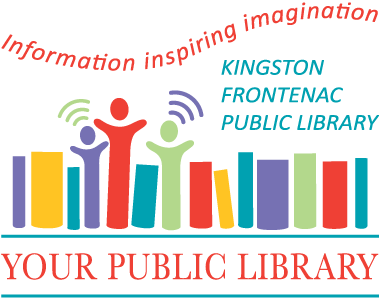
Science is all around us influencing and informing everything we do. Take a look at this selection to see how everything from the smallest cell to outer space is worthy of study and investigation, and watch our Saturday Spotlight YouTube video to learn about scientific books and get more recommendations!
Masters of Disguise by Marc Martin
Now you see them, now you don’t. Cloaked in a riot of color, pattern, and texture are a dozen animals—from chameleons and polar bears to Gaboon vipers and mimic octopuses—that have mastered the art of fading into the background. Ages 4-8.
Our Planet by Jon Richards and Ed Simkins
Earth science is made up of so many topics: weather, landforms, and even natural disasters. It can take a lot of time to learn about the details of each. Infographics are the perfect way to cover a lot of these subject areas in less time, including why earthquakes happen, the water cycle, and how mountains form, as well as many other parts of the Earth science curriculum. Ages 7-10.
Red Alert! by Catherine Barr
Inspired and endorsed by the "Red List" database of animals in peril maintained by the International Union for the Conservation of Nature (IUCN) this brightly illustrated book introduces species from six different habitats on six continents. Ages 5-8.
It’s Catching by Jennifer Gardy
Don’t be afraid to delve into the good, bad, and sometimes truly ugly world of germs. Microbiologist Jennifer Gardy, who calls herself a disease detective, picks up her microscope to bring expert insight to the microbes that are all around us but are too small to see. Ages 8-12.
Chasing Bats and Tracking Rats by Cylita Guy
What can city bees tell us about climate change? How are we changing coyote behavior? And what the heck is a science bike? Featuring the work of a diverse group of eleven scientists—herself included!—Dr. Cylita Guy shows how studying urban wildlife can help us make cities around the world healthier for all of their inhabitants. In the process, Guy reveals how social injustices like racism can affect not only how scientists study city wildlife, but also where urban critters are likelier to thrive. Ages 9-12.
We’ve Got Your Number by Mukul Patel
Numbers are all around us. They can explain where electricity comes from, why we look like our parents, why moons revolve around planets, and why it's so hard to win the lottery. Ages 10-13.
Indigenous Peoples and Climate Change by Marla Tomlinson
Canada is a big country with a diverse climate. This series investigates the impact of climate change on people, places and lifestyle. Explore how you can help and adapt to climate change in Canada. Ages 9-11.
Awesome Science Experiments for Kids by Crystal Chatterton
Hands-on projects to get kids ages 5 to 10 excited about science. With awesome projects like a Fizzy Rocket, Magnet-Powered Car, and Pencil Sundial, kids will have a blast learning to build, design, and think critically―while getting inspired to interact with the world around them and make their own discoveries.












